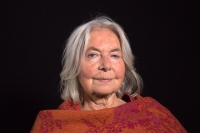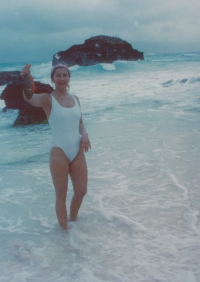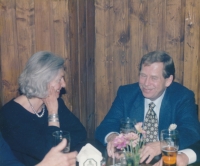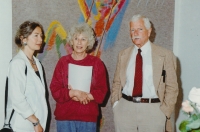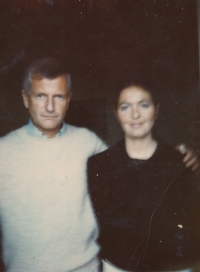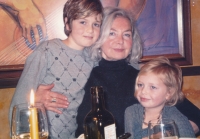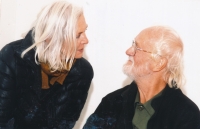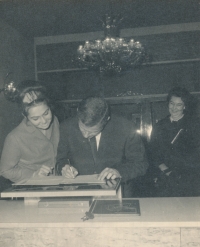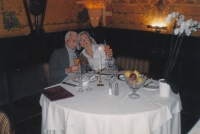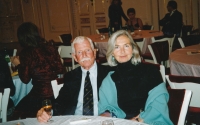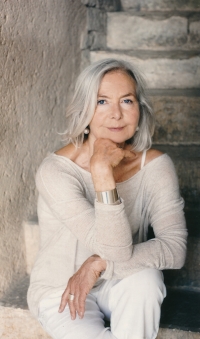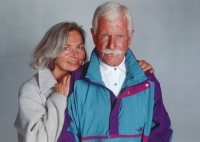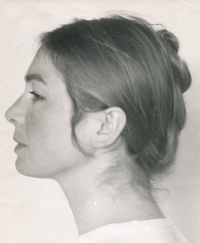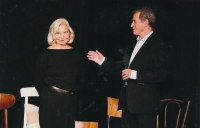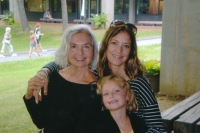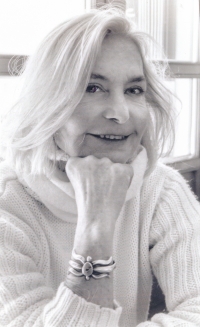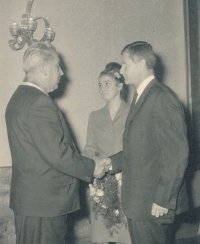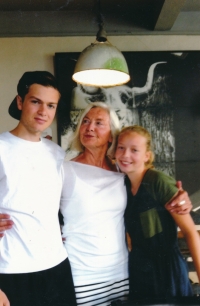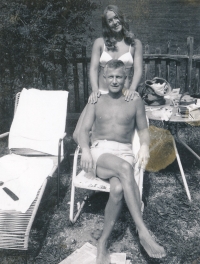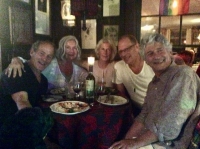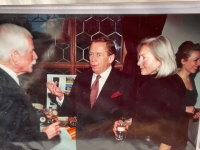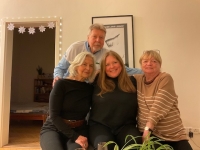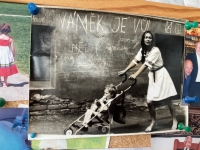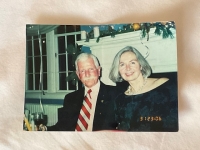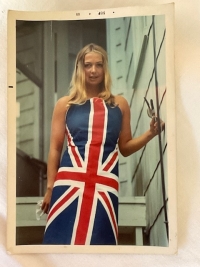We were always starting over, I missed my mum, but I would never give up. You gain strength from difficult situations

Download image
Zuzana Wienerová was born on 11 September 1944 in Prague. Her father, Josef Hložek, was a lawyer. He spent the end of the war in the Mauthausen concentration camp for documents forgery. After the war, the family got a beautiful large flat, but the year 1949 turned their lives upside down. Dad died prematurely from a car accident and mum Vilma had to take care of her three children. In addition, part of their flat was confiscated due to excessive square metres and the family had to share their home with tenants. One of them was Jan Wiener, a former RAF pilot and divorced father of two. Although he was 24 years older than Zuzana, they gradually fell in love and married in 1963. Zuzana began to study at college, but in 1964 she and her husband left for America, where they found a new home in Lenox, Massachusetts. Here they first taught at a boarding school run by her husband’s aunt. When it closed down in 1970, they taught at other schools, first in Arizona and then in Germany, returning to Lenox in 1985. During the Velvet Revolution, Jan Wiener immediately went to Czechoslovakia and took an active part in the events of that time at Václav Havel´s side. In 1990 he began teaching at the Faculty of Arts at Charles University and Zuzana and children would visit him. After the children became independent, the couple began to spend most of the year in Prague. From then on, Zuzana Wienerová worked for the International Department of Charles University with American students. In 2023 she was living in Prague.
